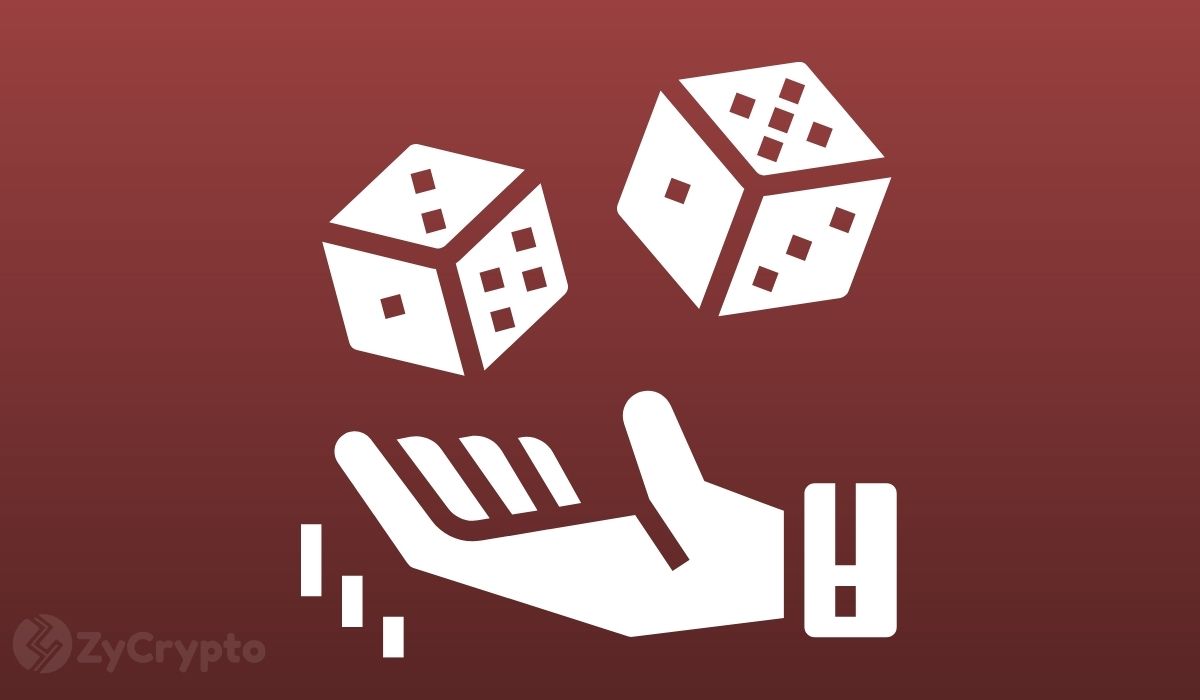In a recent interview with Andy Serwer, Yahoo’s Finance Editor-in-Chief, Ray Dalio had this to say: “Every country treasures its monopoly on controlling the supply and demand. They don’t want other monies to be operating or competing, because things can get out of control. So I think that it would be very likely that you will have it under a certain set of circumstances outlawed the way gold was outlawed.” The “it” he’s referring to is, of course, Bitcoin.
Does Dalio’s point carry any weight? Theoretically speaking, yes. In reality, no. Here’s why.
On April 5, 1933, Franklin D. Roosevelt signed a never-before-seen bill into effect. Titled Executive Order 6102, it strictly forbade “the hoarding of gold coin, gold bullion, and gold certificates within the continental United States.” Anyone who refused to comply faced a “penalty of $10,000 and/or up-to five to ten years’ imprisonment”.
OK, but what has an arcane law from the United States got to do with an article on cryptocurrencies?
Everything. Any government anywhere can sign an executive order into effect. For example, an Order in Council is a type of legislation that applies to Commonwealth countries. In the UK, Queen Elizabeth has the power to sign such an order into effect. Though the terminology may vary from country to country, executive orders can certainly be implemented,
However, the 1930s were very different times. Back then, the United States, like most other countries, had far more control over its citizens. This was an age of hyper-centralization, with governments firmly controlling the banking system. Today, decentralized cryptocurrencies and the omnipresence of the internet have flipped the narrative. Unlike gold, Bitcoin is intangible. It can be moved from wallet to wallet in a matter of minutes. Furthermore, to confiscate Bitcoin from an individual, a private key is required. The holder would need to provide this to the government, otherwise, the cryptocurrency would remain inaccessible.
Bruce Lee famously told his followers of his to “be water.” By this, he was advocating for anonymity, flexibility, and the ability to be highly evasive. Bitcoin, just like the flow of water, ticks all the boxes.
Speaking of evasive abilities, the BTC community is well prepared for government interference. Each year, on January 3rd, Proof of Keys day takes place. Created by Trace Mayer, a cryptocurrency investor, and podcaster, the message is simple: millions of users store their Bitcoin on exchange platforms. By doing so, individuals seed full control of their private keys to an authority other than themselves. Slightly ironic, don’t you think?
Proof of Keys day was designed specifically to prevent dependence on exchanges for storage. After all, if you are not in control of your keys, who really owns “your” Bitcoin? Not you.
Of course, for cryptocurrencies like Bitcoin to become truly mainstream, further regulations will need to be implemented. However, an outright ban is highly unlikely, especially now big players like Tesla and PayPal are getting on board.
As Jean Galea, an influential crypto commentator, recently noted, these publicly traded companies are “much closer to governments in the chain of power than your typical retail investor”. In other words, they have the money, and they call the shots.
Bitcoin is certainly not “too big to fail,” but it certainly appears to be too big to ban. Lastly, for the crypto giant to be fully outlawed, countries would have to come together in agreement, and the chances of that are nonexistent.







